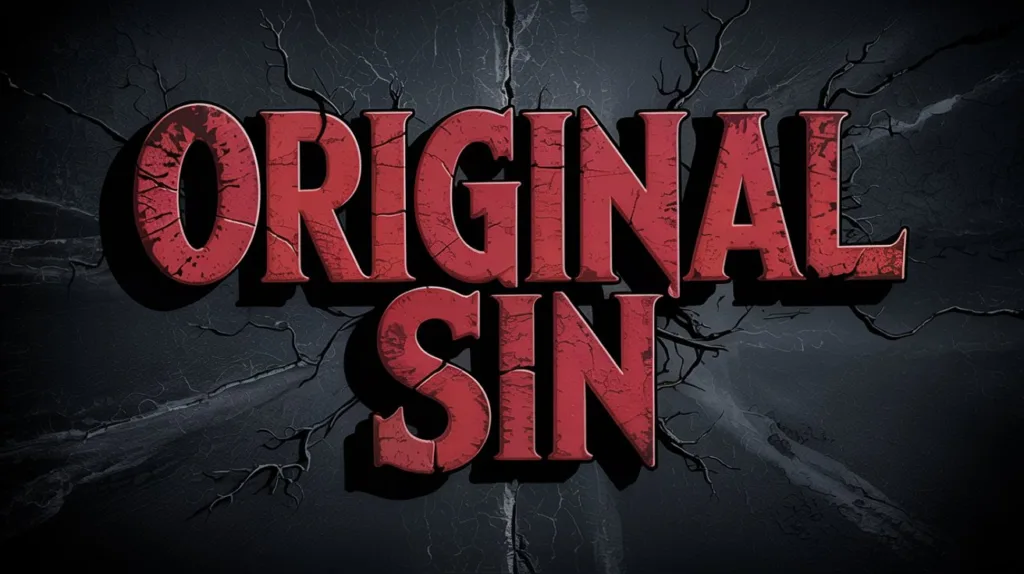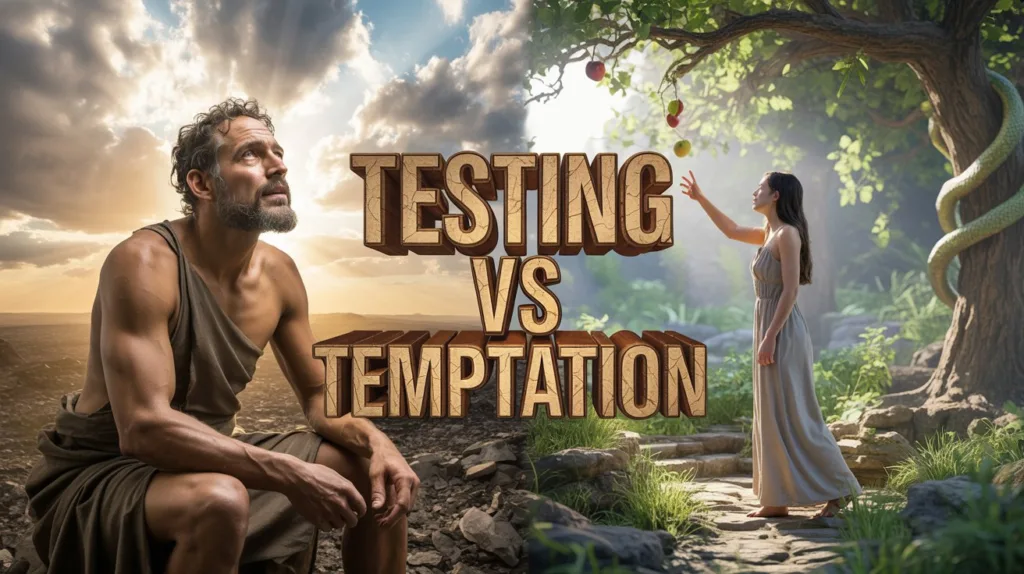John the Baptist ate locusts and wild honey as part of his simple, set-apart lifestyle of repentance and prophetic ministry. His diet reflected his separation from worldly comforts and his identification with the prophets of old who lived in the wilderness and called the people back to God.
Scripture describes him plainly:
“Now John himself was clothed in camel’s hair, with a leather belt around his waist; and his food was locusts and wild honey.”
(Matthew 3:4)
John lived in the wilderness (Luke 1:80), away from the religious elite and comforts of society. His appearance and diet were a deliberate contrast to the soft garments and luxurious living of those in palaces (Matthew 11:8). This mirrored the prophet Elijah, whom John was likened to (Malachi 4:5, Matthew 17:12).
Eating locusts was not unusual or unlawful. According to the Law of Moses, locusts were clean and permitted as food:
“Yet these you may eat of every flying insect that creeps on all fours: those which have jointed legs above their feet with which to leap on the earth. These you may eat: the locust…”
(Leviticus 11:21–22)
Wild honey, available in abundance in the Judean wilderness, provided natural sustenance. Together, these foods sustained John and reflected a life of humility, dependence on God, and rejection of indulgence.
John’s diet and lifestyle were part of his prophetic witness. He called people to repentance, and he lived it out personally. His life embodied the message he preached, prepare for the Lord, turn from sin, and do not be entangled with the comforts and distractions of this world.
His lifestyle was not eccentric for its own sake but symbolic and purposeful, showing Israel that God’s true prophet speaks with authority, not for gain.





 Get the book that teaches you how to evangelize and disarm doctrines from every single major cult group today.
Get the book that teaches you how to evangelize and disarm doctrines from every single major cult group today.